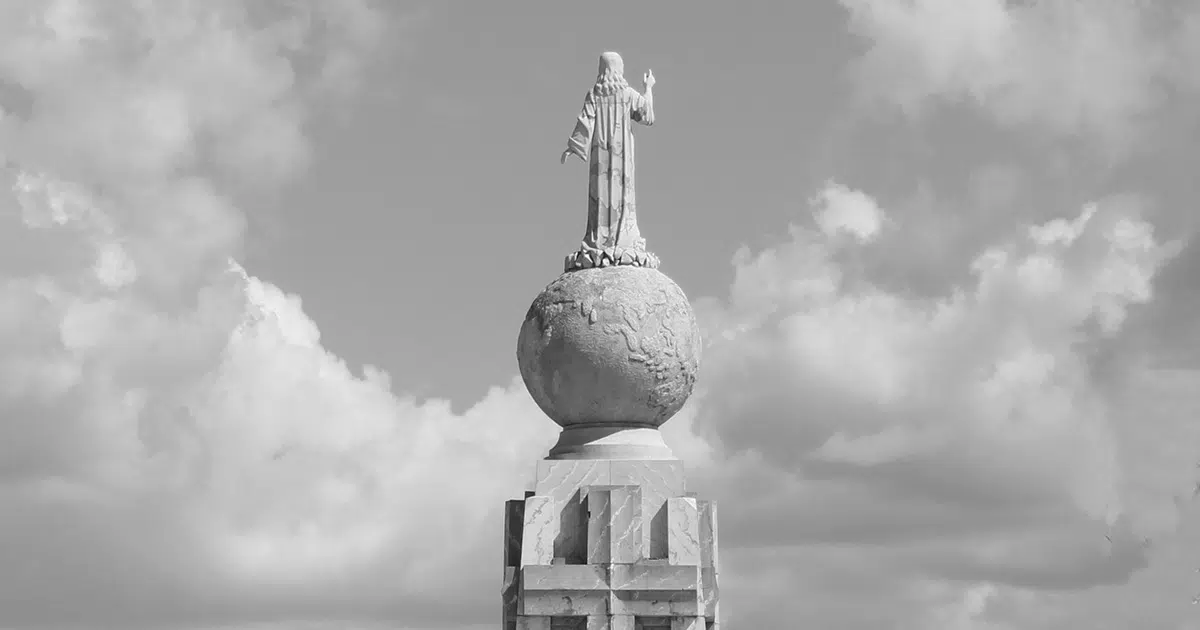Ernesto Castro, Suecy Callejas, Katheryn Rivas, Elisa Rosales, Reynaldo Cardoza, Reinaldo Carballo, from the Legislative Assembly Board; as well as Gustavo Villatoro, Minister of Justice and Public Security, and Osiris Luna, Director of Penitentiary Centers, were part of the list of officials that representatives of Legal Humanitarian Aid (Socorro Jurídico Humanitario, SJH) reported to the Attorney General’s Office (Fiscalía General de la República, FGR) for alleged crimes against humanity during the state of exception.
According to Ingrid Escobar, the director of the organization, these officials have contributed to the perpetration of crimes against humanity through the monthly extension of the state of exception, as well as through the failure to fulfill duties and arbitrary acts by other officials, including judges, prosecutors, and directors of penitentiary centers, whose information remains unknown.
“This morning we come to tell the Attorney General that they must initiate investigations into the human rights violations that are being committed,” added Jayme Magaña, also a lawyer for SJH.
Both defenders of human rights detailed how, in the current scenario, victims face multiple human rights violations. First, they mentioned the denial of justice for victims of criminal groups, as most of those captured are prosecuted for the crime of illegal associations, ignoring other offenses such as sexual assaults and others. Secondly, innocent people are being violated who are captured without any judicial order for living in highly stigmatized areas.
In addition, despite many of these detainees having letters of freedom or alternative measures to detention, these processes are not being adhered to. Others die in prisons due to causes stemming from overcrowding, but also from mistreatment, cruel or degrading treatment.
SJH has recorded more than 300 deaths under the custody of the Salvadoran state within penitentiary centers. According to a report by the same organization, more than 48% of these victims showed signs of torture. These incidents have been primarily registered in the Izalco and Mariona Penitentiary Centers, among others, but less so in the Terrorism Confinement Center (Centro del Confinamiento del Terrorismo, CECOT).
Since the initial approval of the state of exception by the Legislative Assembly, more than 80,000 people have been captured to date, according to official data. The United Nations, through the Rapporteur on the Fight Against Terrorism and the Protection of Human Rights, alongside other mechanisms, recently reiterated its concern to the Salvadoran state regarding the mass detentions, many of which are “arbitrary,” cases of enforced disappearance, among other violations. They also questioned the successive prolongation of the measure, as its permanent nature “seems to have been stripped of all exceptionalism.”
Socorro Jurídico Humanitario denuncia a Junta Directiva de Asamblea Legislativa y otros funcionarios por delitos de lesa humanidad
Ernesto Castro, Suecy Callejas, Katheryn Rivas, Elisa Rosales, Reynaldo Cardoza, Reinaldo Carballo, de la Junta Directiva de la Asamblea Legislativa; así como Gustavo Villatoro, ministro de Justicia y Seguridad Pública, y Osiris Luna, director de Centros Penales, formaron parte de la lista de funcionarios que representantes del Socorro Jurídico Humanitario (SJH) denunciaron ante la Fiscalía General de la República (FGR) por supuestos delitos de lesa humanidad durante el régimen de excepción.
Según expresó la directora de la organización, Ingrid Escobar, dichos funcionarios han contribuido a la perpetración de los delitos de lesa humanidad a través de la prorrogación mensual del régimen de excepción; así como por el incumplimiento de deberes y actos arbitrarios de los demás funcionarios, entre estos jueces, fiscales, directores de centros penales, de los cuales su información es desconocida.
“Esta mañana venimos a decirle a la Fiscalía que debe iniciar los procesos de investigación por las vulneraciones a derechos humanos que se están cometiendo”, agregó Jayme Magaña, también abogada del SJH.
Ambas defensoras de derechos humanos detallaron cómo en el escenario actual a las víctimas se les vulneran múltiples vulneraciones a derechos humanos. En primer lugar, mencionaron, la negación de la justicia para las víctimas de los grupos criminales, ya que, en su mayoría, los capturados son procesados por el delito de agrupaciones ilícitas, ignorando demás delitos como violaciones sexuales y otras; y, en segundo lugar, se vulneran a personas inocentes que son capturados sin alguna orden judicial por vivir en zonas altamente estigmatizadas.
Sumado a eso, pese a que muchos de estos detenidos poseen cartas de libertad o medidas sustitutivas a la detención, dichos procesos no son acatados. Otros mueren dentro de las cárceles por causas derivadas del hacinamiento, pero también de malos tratos, crueles o denigrantes.
El SJH ha contabilizado más de 300 muertes bajo tutela del Estado salvadoreño dentro de centros penales. Según un informe de la misma organización, de estas víctimas, más de 48% presentaban signos de torturas. Estos hechos los han registrado principalmente en el Centro Penal de Izalco, Mariona, entre otros, menos en el Centro del Confinamiento del Terrorismo (CECOT).
Desde la primera aprobación del régimen de excepción por parte del Legislativo, a la fecha, han sido capturado más de 80 mil personas, según datos oficiales. Naciones Unidas, a través del Relator sobre la Lucha contra el Terrorismo y la protección de los derechos humanos, junto a otros mecanismos, recientemente reiteraron al Estado salvadoreño su preocupación ante las detenciones masivas y muchas de ellas “arbitrarias”, casos de desaparición forzada, entre otras vulneraciones. Cuestionaron también la sucesiva prolongación de la medida, pues su carácter permanente “parece haber sido despojado de toda excepcionalidad”.

